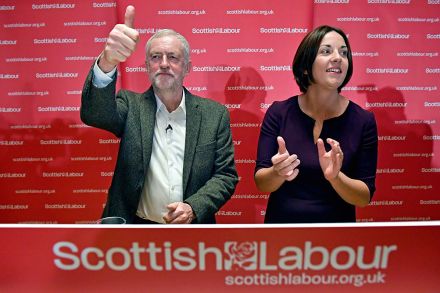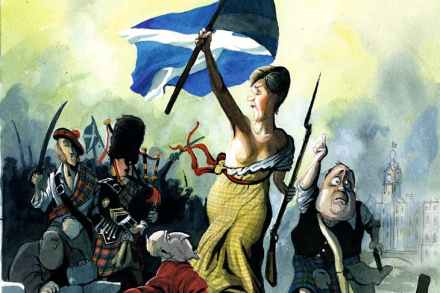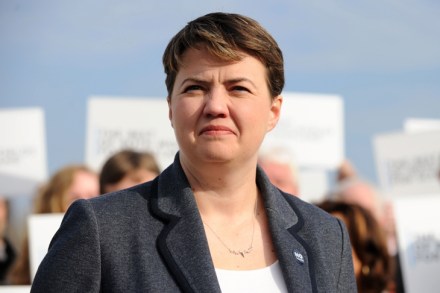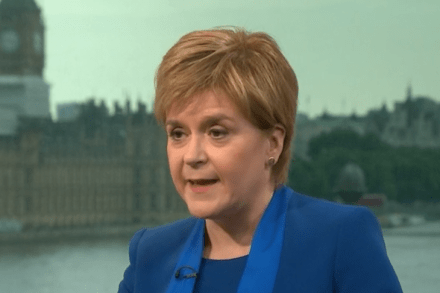The battle for Scottish independence is far from over
It is August and, except in Washington and Pyongyang, the square root of heehaw is happening. This poses certain difficulties for the residents of Grub Street. Desperate times call for desperate measures and if that means burning your hot take then so be it. Hence the recent proliferation of articles claiming that Scottish nationalism is on the brink of extinction, undone by internecine feuding and subject to the implacable laws of diminishing returns. Well, there is just enough truth in this for it to be a vaguely tenable proposition: the SNP did endure a terrible election result in June (even though they remain the most popular party in Scotland) and


















